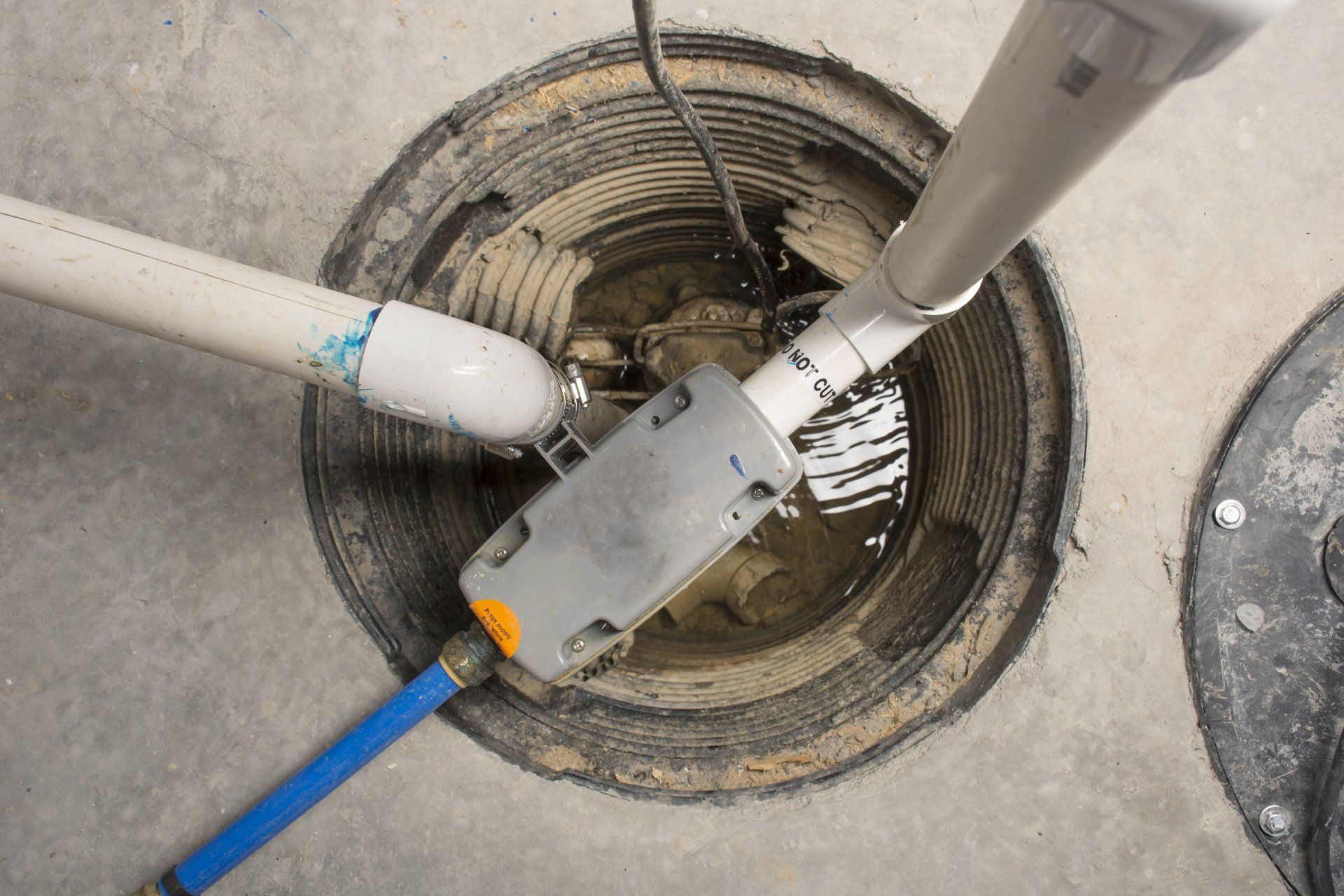Repairing Your Foundation in 2025: Tips to Know Before Hiring a Pro
Ignoring your Home's Foundation Can Lead to Further Issues

Foundation problems jeopardize the safety and value of your home; repairs should not be delayed. Whatever it is—cracks, uneven floors, or sticking doors—early recognition can save you from expensive fixes. Knowing what to expect is important before hiring a professional to do the job: licenses differ, costs vary, and the processes for repair also vary. This blog presents a few key tips on identifying foundation damage, choosing the right contractor, and ensuring a seamless repair process in 2025.
Understanding the Signs of Foundation Damage
Major Cracks in Walls or Floors
Cracks are the most apparent signs of foundation damage. While hairline cracks can be a natural effect of a house settling, larger cracks should be a concern. In most cases, stair-step cracks in brick or block walls are symptoms of foundation settlement. In contrast, horizontal cracks usually indicate excessive pressure on the foundation due to expanding soil or water accumulation. Cracks wider than 1/8 inch, especially those that continue to get worse over time, should be checked immediately by a professional.
Doors and Windows Sticking
Depending on the nature of the foundation movement, it may distort the frames of doors and windows and make their opening and closing very difficult. You may also notice signs of misalignment, such as gaps forming around the edges. Locks and latches might also stop working right, a common result of the foundation shifting and altering the structure's alignment.
Uneven or Sloping Floors
Many uneven-feeling or sloping floors are symptoms of settling foundations or structural damage. You may notice furniture tilting or gaps forming under baseboards. These conditions can also cause a spongy or springy feel while walking across the floor. Most uneven floors are usually due to problems in the support beams, soil erosion, or water damage beneath the foundation.
Separation Between Walls and Ceiling/Floor
Gaps between the walls and the ceiling or floor are usually due to foundation movement. As the foundation moves, it can pull the walls apart and cause visible cracks or separations. This may further lead to the damage of trim or baseboards, which might appear cracked or detached. In extreme cases, the walls may start to sag or bow inward or outward, showing significant structural stress that needs immediate attention.
Choosing the Right Professional
Required Licenses and Certifications
First, check with your state or locality to verify the contractor has the necessary licenses to work; a properly licensed contractor generally meets industry standards and building codes. Certification by organizations such as the National Association of Waterproofing and Structural Repair Contractors will be of importance. This indicates the commitment put into the work to ensure quality, with improvements in the latest repair techniques.
Experience and Specialization
Not all contractors specialize in foundation repair, so one should find a contractor who has expertise, particularly in this area. Also, ask how long they have been in business and how many similar issues they handled as yours. Experienced professionals are able to identify the root cause of the problem quickly and provide effective solutions, whether the problem is foundation settling, bowing walls, or damage related to water.
Insurance and Warranty Considerations
A good contractor will have liability insurance that covers your property against accidents and workers' compensation for their team. You also need to know the warranties regarding the repair work. A reliable company would have an overall warranty that assures you about the continuity of the repairs.
The Repair Process
Inspection Methods
The repair process initiates with a careful inspection to establish the cause of the problem. Contractors make an assessment based on visible signs such as cracks, uneven floors, or moisture. Advanced tools that may be used include laser levels and moisture meters. Soil testing also establishes whether conditions such as erosion or expansive soil contribute to the foundation problems.
Common Fixes
Solutions can include stabilizing the foundation with piers, raising sunken areas through slab jacking, or reinforcing bowing walls. Other measures of waterproofing, like sealing the cracks or even installing drainage systems, effectively address the moisture issue.
Timeline
Time depends on the complexity of the repairs. Minor repairs can take a few days, while major repairs, like underpinning, take several weeks. The contractor will provide a clear timeline before starting work.
Permits Needed
Permits are usually obtained to ensure that repairs meet local building codes. A professional contractor often handles this on behalf of the homeowner, streamlining compliance.
Clean-Up Expectations
After repairs, the contractor cleans up the site, removing debris and restoring landscaping that was affected by the work to leave the area safe and tidy.
Cost Considerations
Factors Affecting Repair Costs
The cost depends on the extent of damage, methods of repair, and home size. Minor fixes, such as sealing off cracks, are relatively inexpensive, while complex solutions, such as underpinning, could be very expensive. Costs are also dependent on soil conditions and labor rates.
Insurance Coverage Possibilities
Depending on the policy, insurance may cover repairs caused by events such as flooding or earthquakes. Wear and tear damage is generally not covered. Your policy will have to be reviewed to determine coverage.
Financing Options
Many contractors offer financing plans, which make large repairs feasible for most homeowners by allowing payment over time in manageable monthly installments. Banks can also provide home improvement loans for the repair costs, and these loans allow flexibility regarding necessary work without requiring upfront payment.
Long-Term Cost Benefits of Early Intervention
Addressing foundation problems early prevents them from escalating into expensive repairs. Early fixes will maintain the value of your property and prevent further problems, such as water damage or infestation, which would add more cost and lower the resale value of your home.
Get Professional Foundation Repair Help
Don't wait for foundation issues to get worse. Contact a professional today to evaluate your home and professionally fix any problems. Safeguard your property's value and ensure lasting stability with timely, quality foundation repair services.




